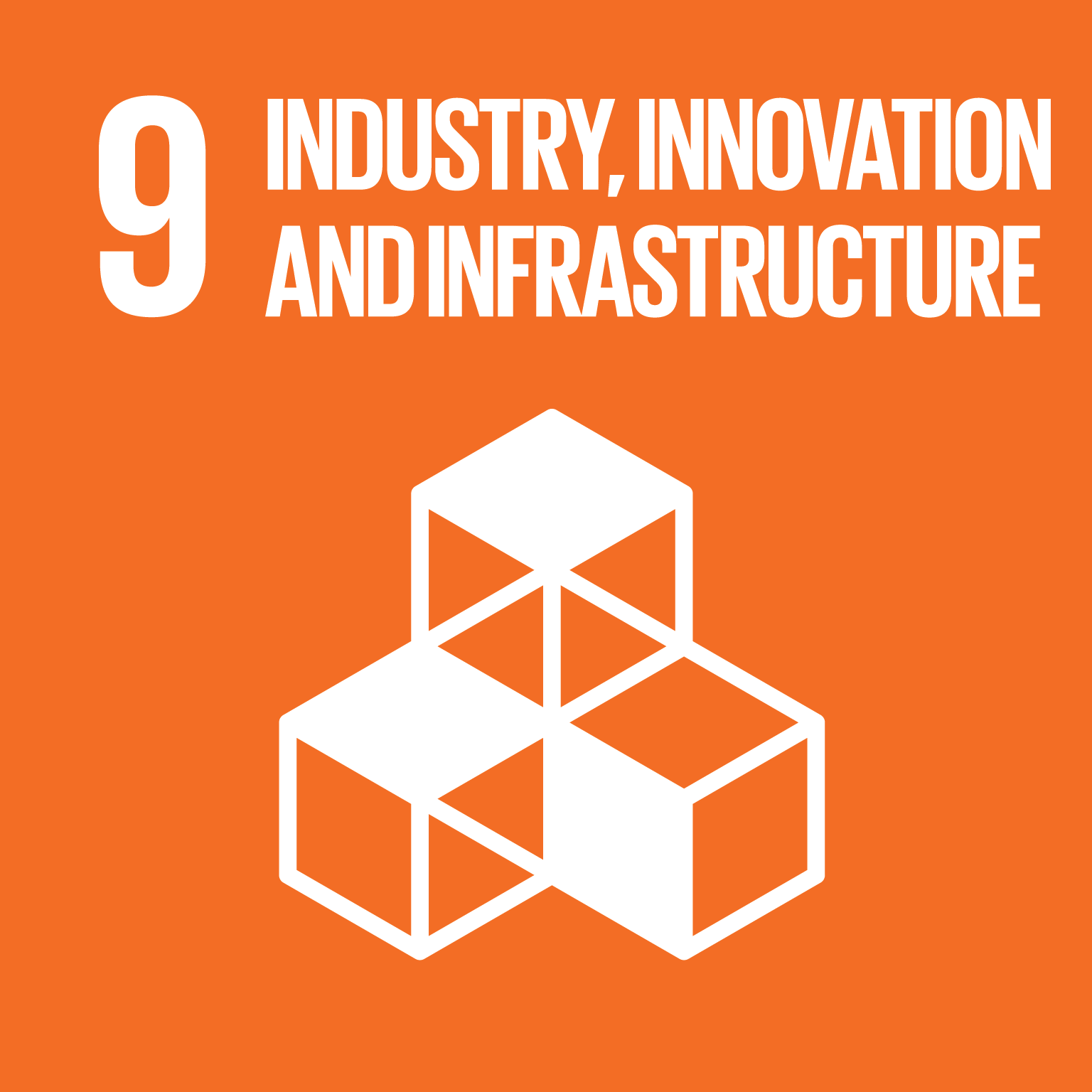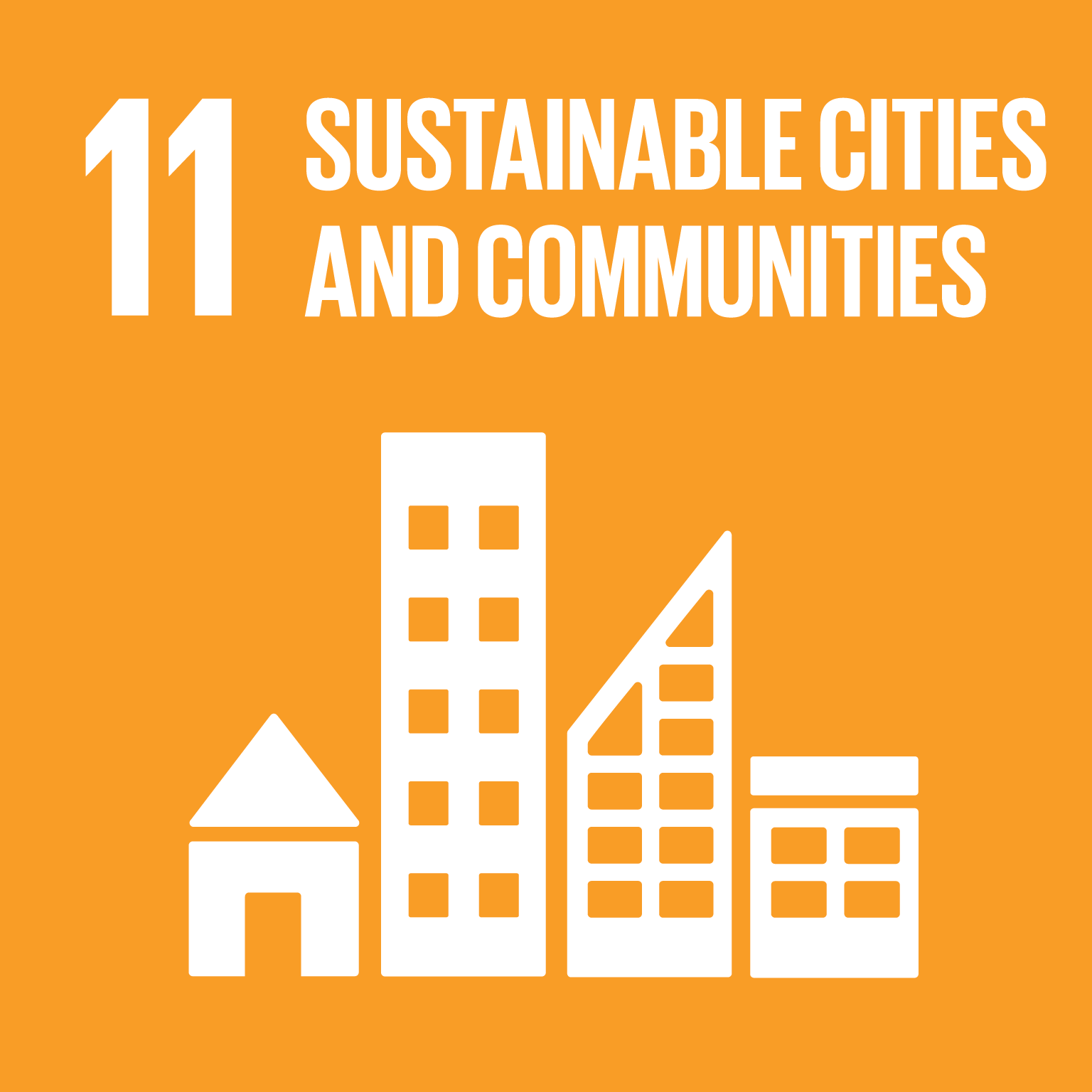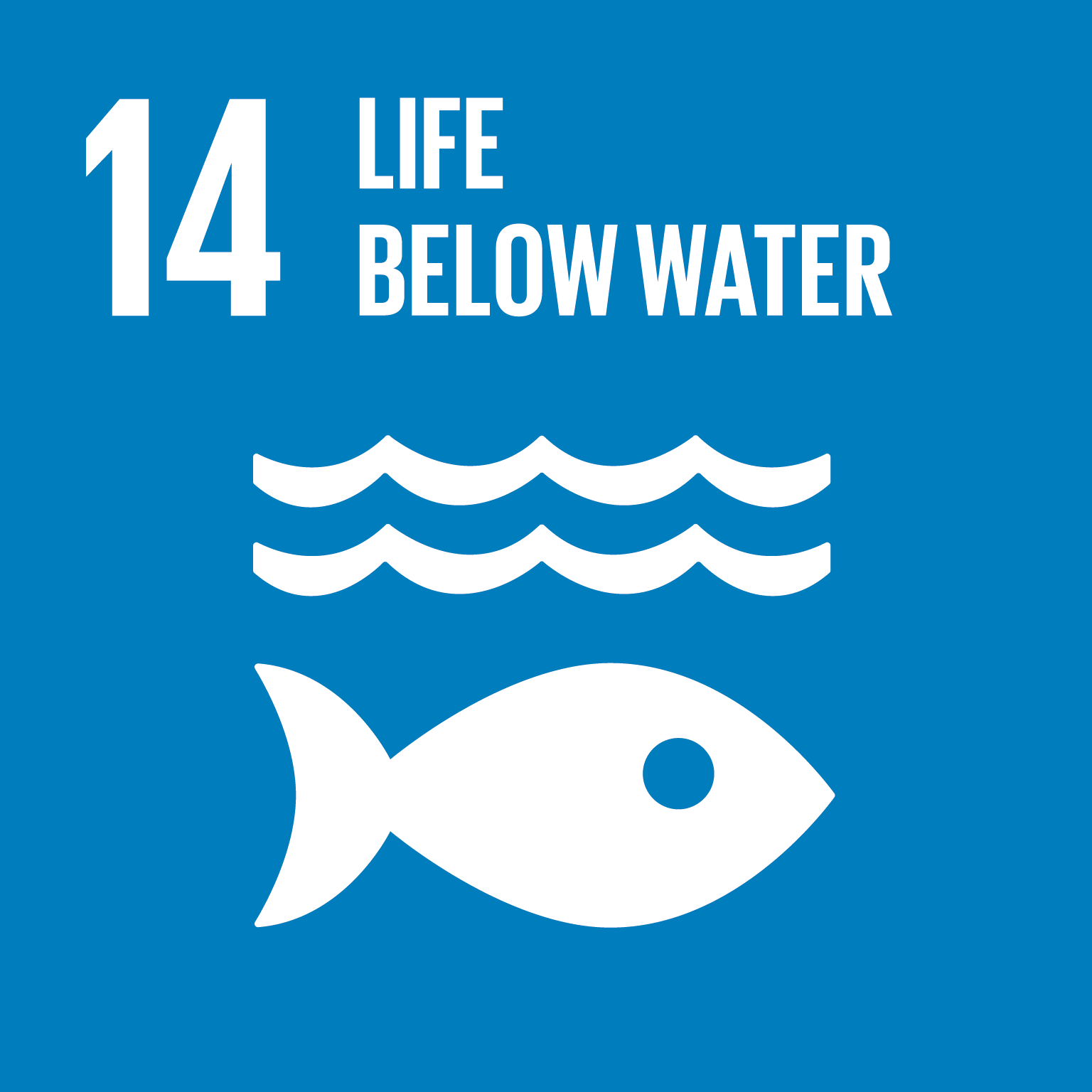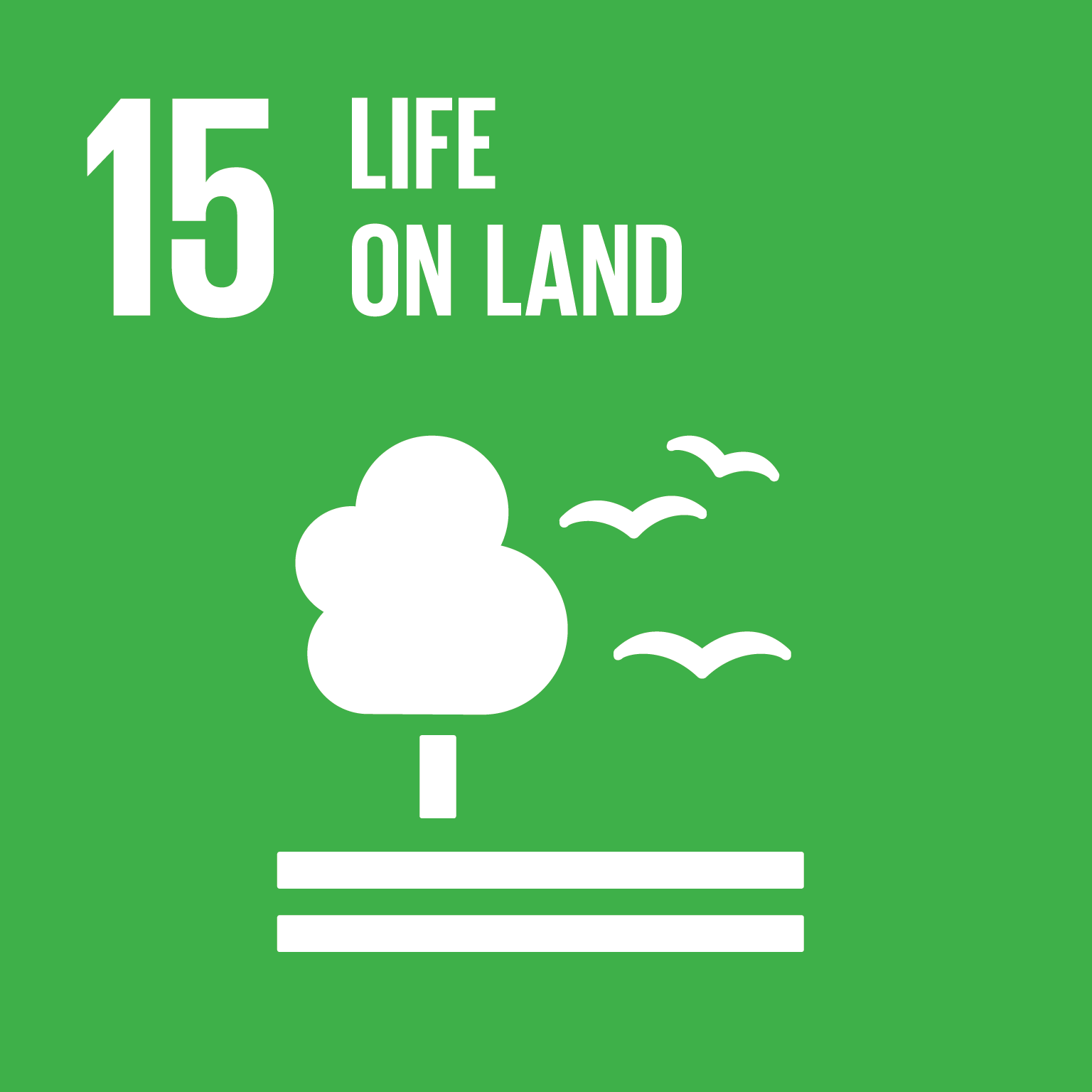Applied & Computational Mathematics is one of the degree subjects available through the Mathematics stream in the common entry Science course. Students study similar modules for all degree subjects in the Mathematics stream in first year and will study modules for a minimum of two degree subjects in second year. At the end of second year, students choose their degree major. Assuming students meet all the academic requirements in first and second year, students are guaranteed a degree subject from the stream they are studying in second year. We do our best to ensure that students go on to study their top degree subject choice. As we offer plenty of degree subjects in each stream, students have a number of similar degree subjects to choose from as their degree major. For more information on choosing a degree major at the end of Second Year, visit the Mathematics stream page.
This is a sample set of modules that an Applied & Computational Mathematics student could study each year in UCD.
First Year
Scientific Enquiry • Introduction to Applied & Computational Mathematics • Calculus in the Mathematical and Physical Sciences • Applications of Differential Equations • Linear Algebra in the Mathematical and Physical Sciences • Statistical Modelling • Mathematical Analysis • Numbers & Functions • Mathematical Analysis • Optional Modules • Elective Module
Second Year
Computational Science • Classical Mechanics • Calculus of Several Variables • Introduction to Probability • Oscillations & Waves • Vector Calculus • + modules for 1 other Subject • Elective Modules
Third Year
Advanced Computational Science • Advanced Mathematical Methods •Complex Analysis • Partial Differential Equations • Mathematical Biology • Metric Spaces • Numerical Methods • Dynamical Systems • Option Modules • Elective modules
Fourth Year
Research Project • Mathematics of Complex Networks • Mathematics of Machine Learning • General Relativity & Black Holes • Mathematical Fluid Dynamics • Option Modules
Timetables & Assessment
Each student will have their own timetable based on their individual module selection. This is a full-time course and classes may include lectures, practicals and tutorials, depending on the subjects. Students will also be expected to study independently (autonomous student learning). Assessment varies with each module but may comprise continuous assessment of practicals, written exams and online learning activities.








